Earlier this year, New Jersey (NJ) cannabis advocates united to form NJ CAN 2020, a coalition of civil rights and drug policy groups committed to getting a "YES" vote on "NJ Public Question 1", the state's November adult-use ballot initiative. The coalition includes notable organizations such as the ACLU, NAACP, Latino Action Network, The Drug Policy Alliance and NJ United for Marijuana Reform (NJUMR).
With early voting underway, NJ CAN 2020 launched a new ad this week to educate the public on the cost of cannabis arrests and the need to redeploy law enforcement to protecting state residents. The 30-second spot makes the case that cannabis criminalization wastes taxpayer dollars and police resources better focused on pursuing more serious crimes.
The ad was initially posted on YouTube, but the campaign is soliciting donations to expand its reach, including to streaming services like Hulu and local TV affiliates.
"The ad campaign strives to emphasize the harms that are being caused by the state’s current cannabis laws – socially, economically, and even medically – while showcasing the potential that cannabis legalization has to help rebuild economies across the state,” said Axel Owen, campaign manager for NJ CAN 2020. “By legalizing, taxing and regulating cannabis for adult-use, we have the opportunity to advance the reforms that our communities need.”
Using our public safety dollars for cannabis arrests doesn’t make us any safer. And at a time when the COVID-19 crisis has created massive deficits in the state, a tax on legal cannabis could be a critical tool towards ensuring the services that New Jerseyans want.
Axel Owen, NJ CAN 2020 Campaign Mgr
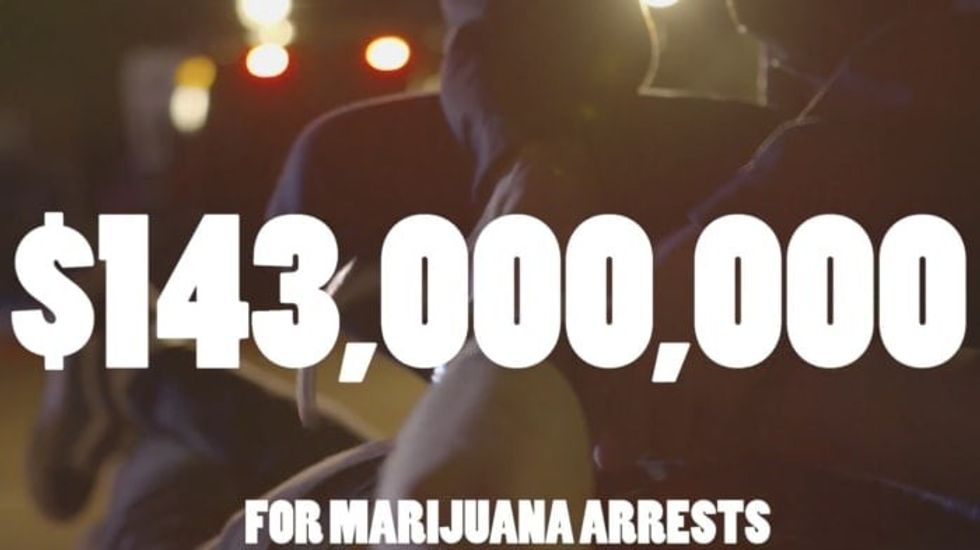
Gregg Edwards, executive director of the opposition group Don't Let NJ Go to Pot, said the advertisement made the case not for legalizing weed — but for decriminalizing the drug.
"We agree with the description of the problem — there's no reason to be spending money on the incarceration of people who are charged criminally for the possession of small amounts of marijuana," Edwards said. "It doesn't promote legalization."
The advertisement is the opening salvo in what has been projected to be a spirited media campaign by both sides. Since 2004, more than $140 million has been spent on public questions involving marijuana, including $81 million for referendums that were eventually put into law.
Marijuana Legalization 2020: New Jersey Public Question 1
NJ approved medical marijuana in January 2010. In the decade since, implementing adult-use reform has proven more difficult given strong, powerful opposition from the lawmakers, conservative groups, pharmaceutical companies (NJ is the third largest pharmaceutical hub in the U.S.) and two term governor Chris Christie (R).
Then, in 2018, a newly inaugurated Governor Phil Murphy (D) vowed to legalize cannabis. As he told the state's residents, legalization would not only mean a $300 million boon for the state's tax revenues, but also a chance to overhaul social justice inequities - repealing old drug laws that overwhelmingly affect people of color.
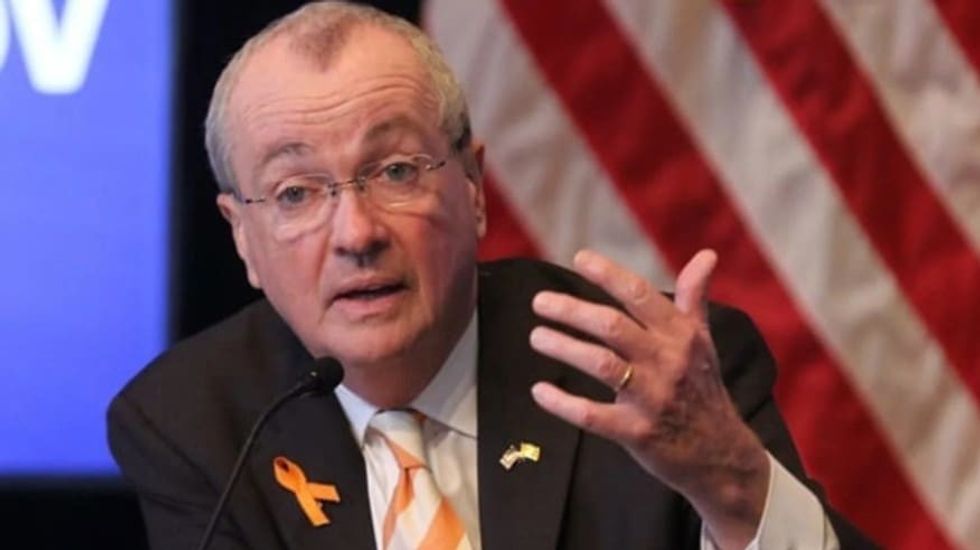
MORE: NJ Governor Supports Legalizing Recreational Marijuana to Offset COVID-19 Impact
And so far, polling indicates New Jersey is on the path to legalize, as a survey from the New Jersey law firm Brach Eichler shows that 65% of likely voters are in favor of the policy change. That’s consistent with the results of a poll the firm published last month, indicating a steady majority over the last year.
Despite public support, legislative efforts to legalize recreational cannabis stalled in the NJ Senate, prompting lawmakers to place the question on the state’s 2020 ballot and postpone decriminalization efforts until the voters weigh-in.
If approved, NJ's adult use cannabis market would be regulated by the same commission managing the medicinal industry and be subject to a 6.625% sales tax. Initial estimates put the market at $850 million to $950 million by 2024, according to Marijuana Business Daily.
After passage, NJ CAN 2020 would also accelerate its social justice lobbying efforts pushing for a robust, automatic expungement process, among other provisions.
“We’ve been advocating for a very long time on the issue of expunging criminal records—an automatic expungement process that goes back in time and erases some of these marijuana offenses off criminal records without the offender having to go back and jump through a lot of burdens,” said Bill Caruso, Managing Director, Archer Public Affairs and board member of NJUMR.
Probably the most important effect of a "YES" vote by NJ voters would be the so-called "Cannabis Domino Effect" or the rapid acceleration of adult-use cannabis reform in neighboring states such as New York, Pennsylvania and Connecticut. Incorporating these four populous states to the U.S. legal market would add approximately $2.0 - $2.5 billion in sales to the country's marijuana industry by 2024.
With a new market of that size, stretching from Washington, DC to Massachusetts, federal legalization will be hard for U.S. lawmakers to ignore.
MORE: The 2020 Vote For Cannabis Legalization: 6 States And The Domino Effect
New Jersey, Arizona, Montana, and South Dakota, all have recreational marijuana legalization on the ballot this November, while Mississippi voters have a chance to approve medical marijuana.
Are you still missing out on The Bluntness newsletter? Sign Up today to stay in the loop.
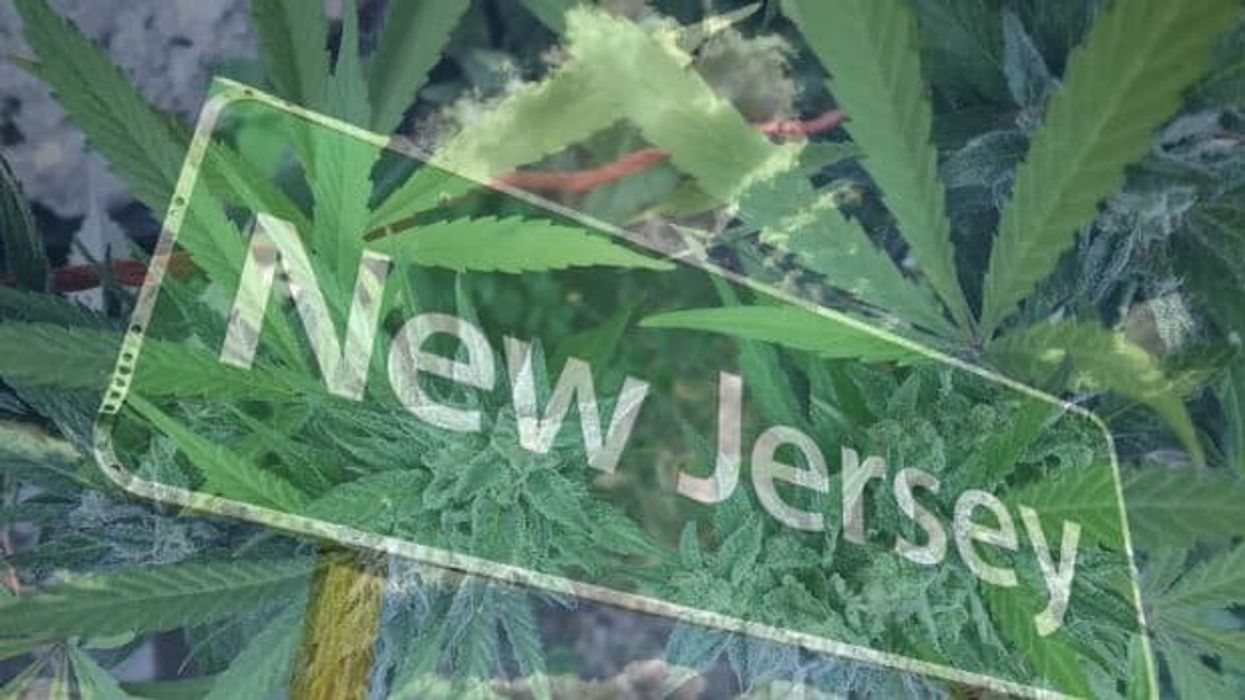

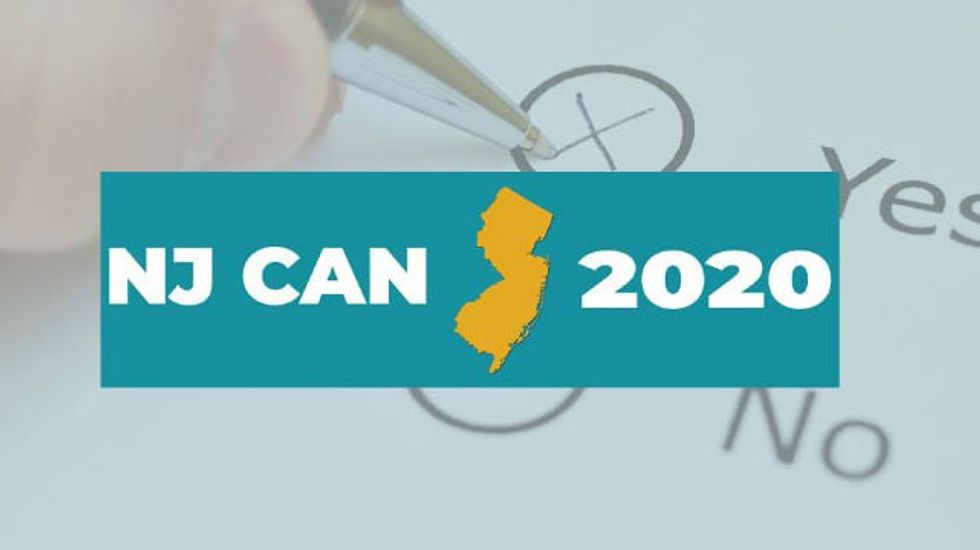
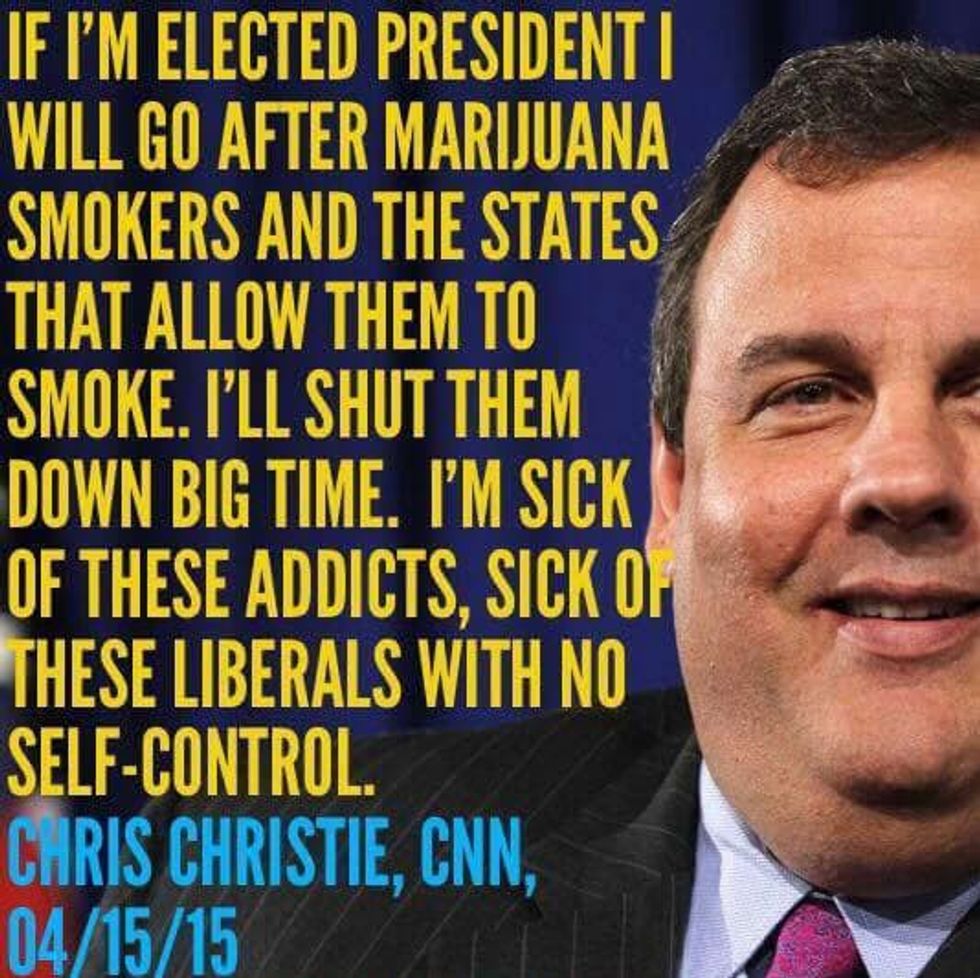
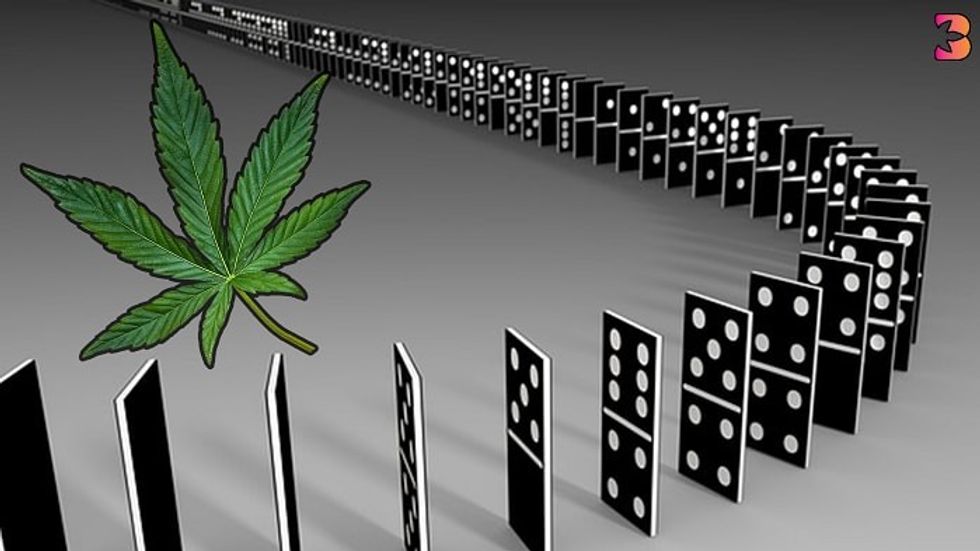

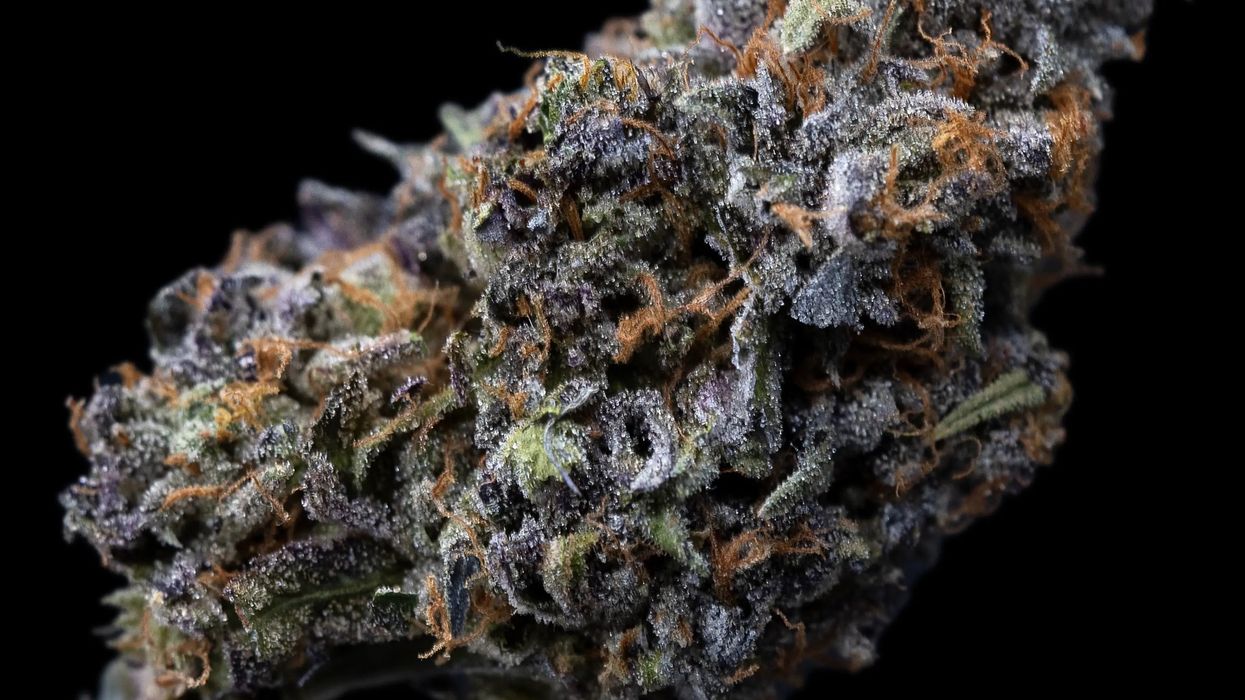
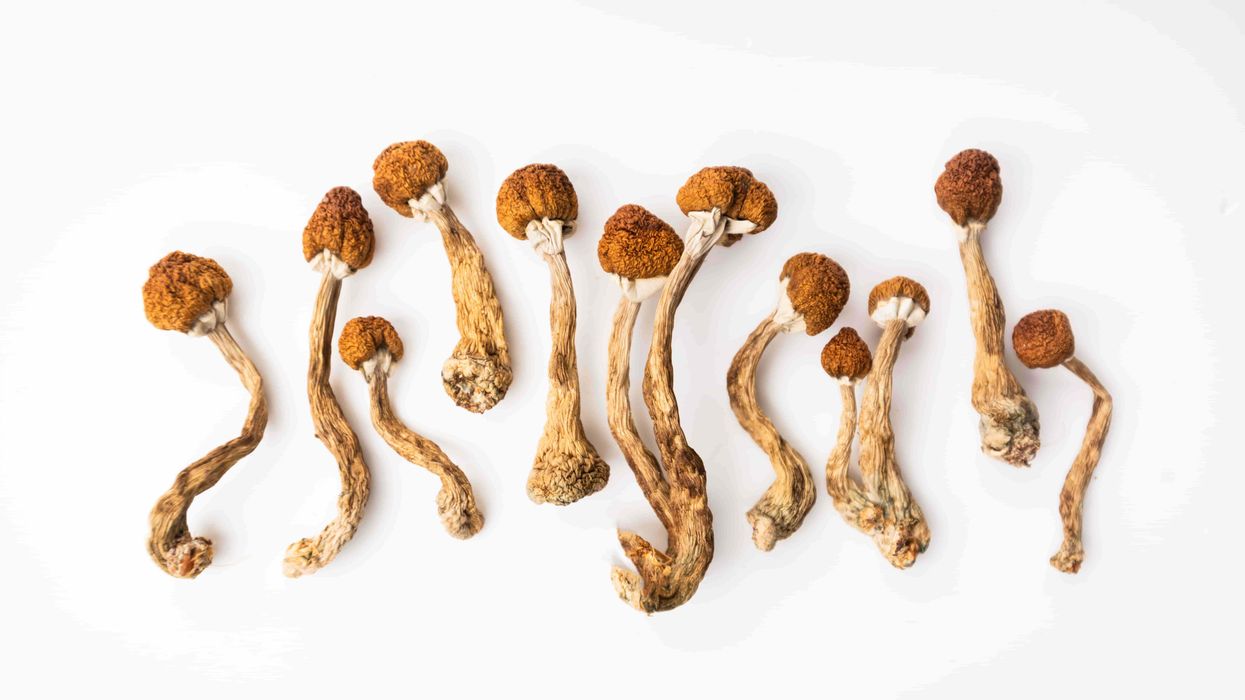
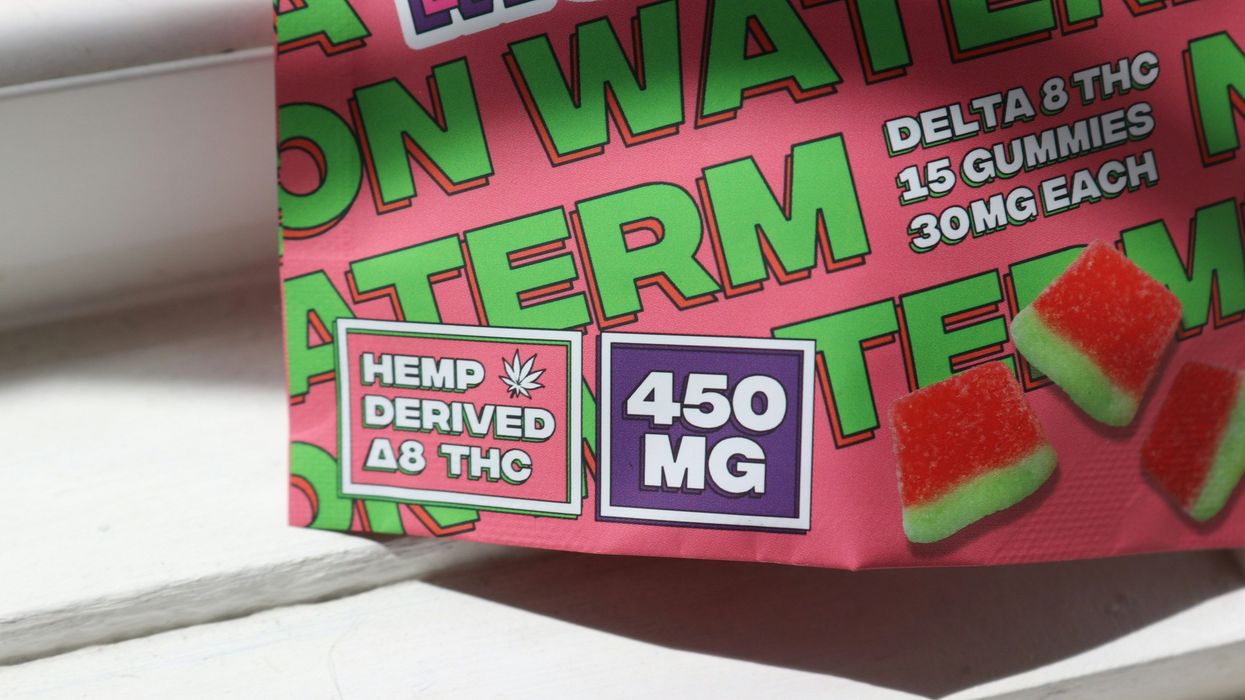

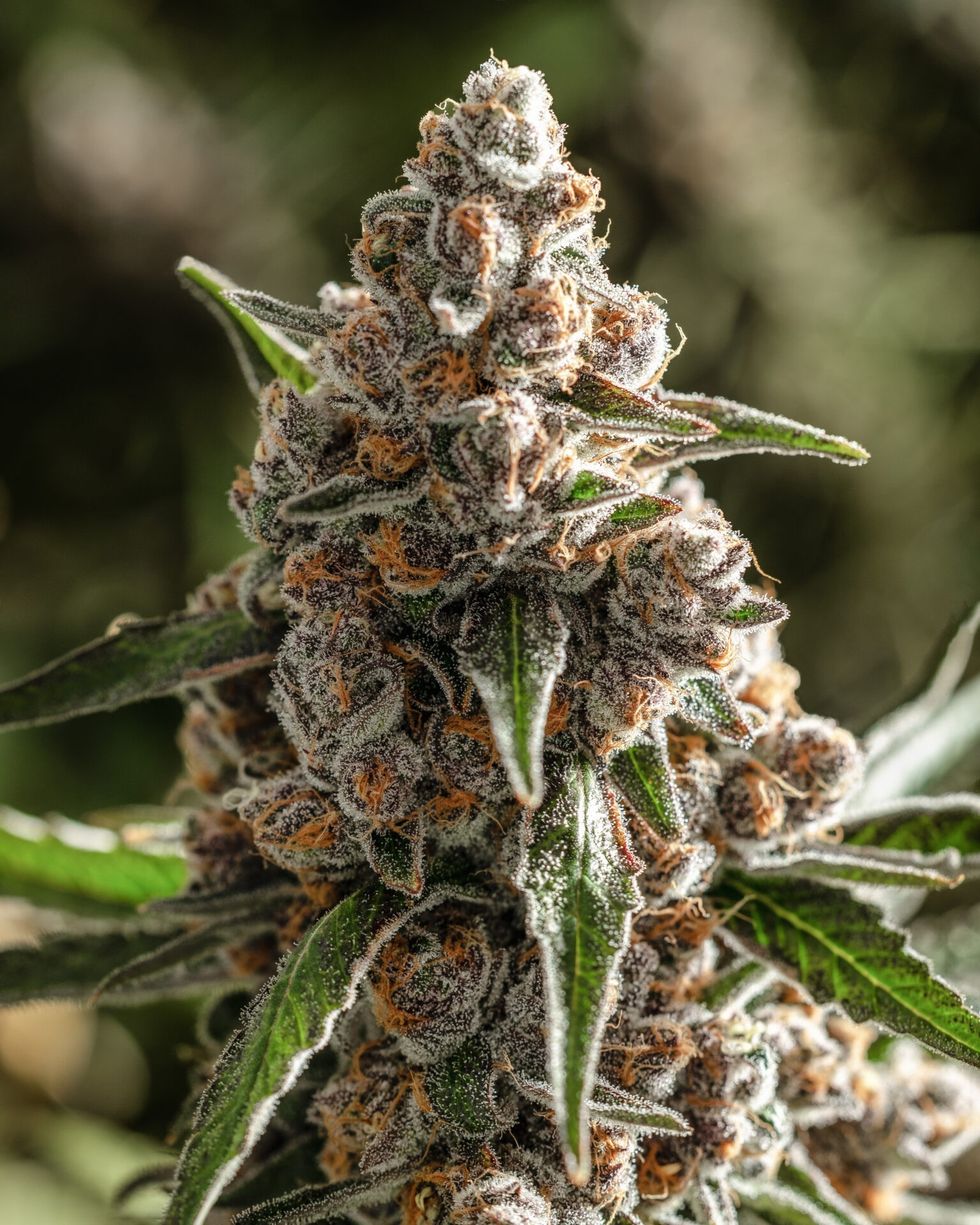 Super Boof Strain: 2024 Strain of the Year - The Bluntness
Super Boof Strain: 2024 Strain of the Year - The Bluntness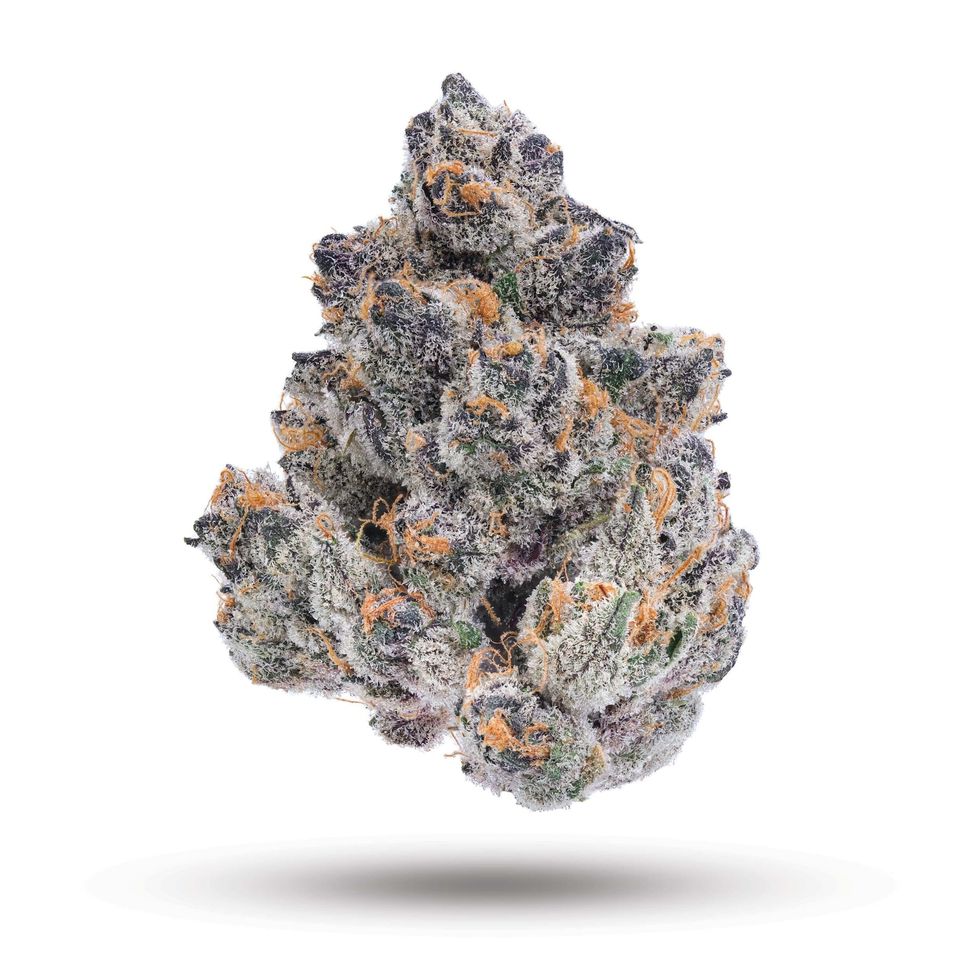 Super Boof Strain: 2024 Strain of the Year - The Bluntness
Super Boof Strain: 2024 Strain of the Year - The Bluntness





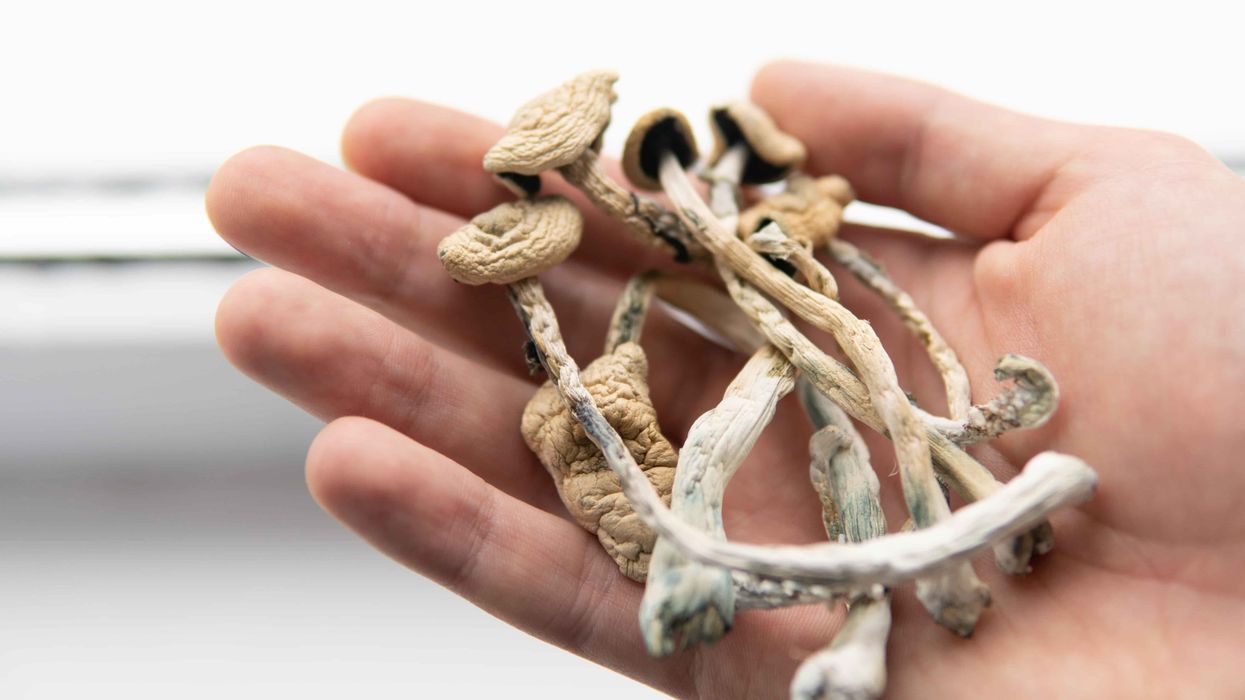


 Apple Fritter Strain - The Bluntness
Apple Fritter Strain - The Bluntness Apple Fritter Strain Review
null
Apple Fritter Strain Review
null

 What will you do with that cannabis kief collection? - Make Coffee! The Bluntness
What will you do with that cannabis kief collection? - Make Coffee! The Bluntness DIY: How to Make Kief Coffee - The Bluntness
Photo by
DIY: How to Make Kief Coffee - The Bluntness
Photo by